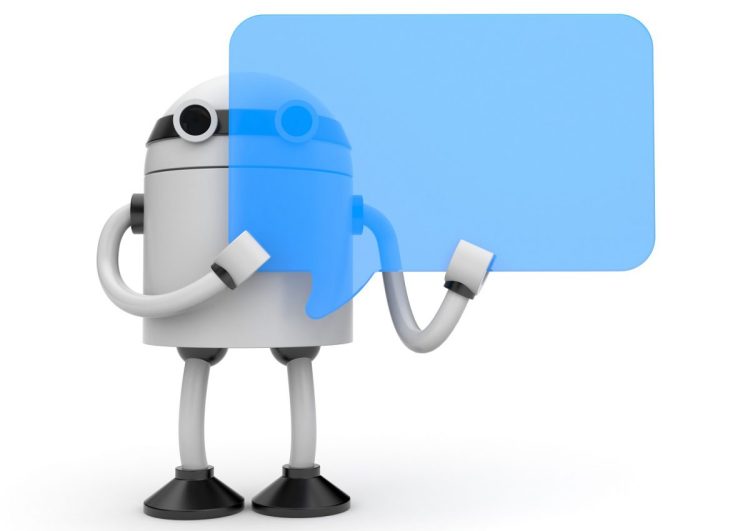Like many people who followed the news about Facebook’s embrace of chatbots, Van Chappell of Seattle immediately wondered about the potential for advertising on Messenger.
Chappell, who runs a service for affiliate marketers, hired a developer to create a basic bot to see what could be done. But upon building the bot, called “All Star Coupons,” he quickly discovered just how limited the advertising options are.
He wanted to create a regular Facebook ad that would drive users to the bot. But when he went through the setup process, he found he wasn’t allowed to include a link to the bot’s Messenger address.
Instead, after a lengthy email exchange with Facebook support, he was told any link in the ad should either send people to a Facebook page for the bot, or create a separate website for people to subscribe to the bot. From there, people could then find and add the bot to their Messenger account.
“It’s a terrible user experience,” Chappell said. “It’s too much friction for the user.”
So for now, Chappell has put the bot aside.
“My sense is that their advertising hasn’t caught up with their technology,” Chappell said. “It seems like they’re missing a big opportunity.”
Maybe not missing, but certainly proceeding with caution. For the moment, Facebook is intentionally keeping the lid on advertising options for Messenger following the bot announcement.
In an email response to some questions, Facebook spokesperson Mike Manning noted that “at this time the Messenger Platform cannot be used for marketing or advertising.”
Manning pointed to current Messenger Platform polices on the subject: “Don’t use Messenger for advertising, marketing, or for sending promotional content of any kind, even if a person opts-in to receiving this content, without our prior written permission.”
But Facebook does see the potential and is exploring it with some discretion. Manning said the company is “conducting a small test of sponsored messages from select businesses.” The goal is to better learn how to properly design such ad messages and how people react.
The cautious approach is a small sign of how Facebook has matured over the years.
Its approach to changes or new features in its early days was more often to shoot first, ask questions later. When the company made platform changes, or introduced services directed at commerce, they often became the default and users howled in protest.
Moving slowly in this realm of advertising and Messenger makes sense. It seems the risks are high for a chat platform that is appealing to users because it feels more intimate and private. Bots are changing that equation, asking users to open to the door to brands to contact them in the same way friends and families do.
If these ads felt intrusive, or overwhelming, one can guess at the size of the backlash.
Still, the advertising world will be eager to see how this develops. As huge numbers of users migrate to chat applications and chatbots, it will be critical for brands and advertisers to figure out how to get their messages on those platforms in an appealing way.
Chappell, for his part, is going to continue to wait and watch.
“You could build a pretty big advertising business around this,” Chappell said, “if you got the design and the experience right.”


